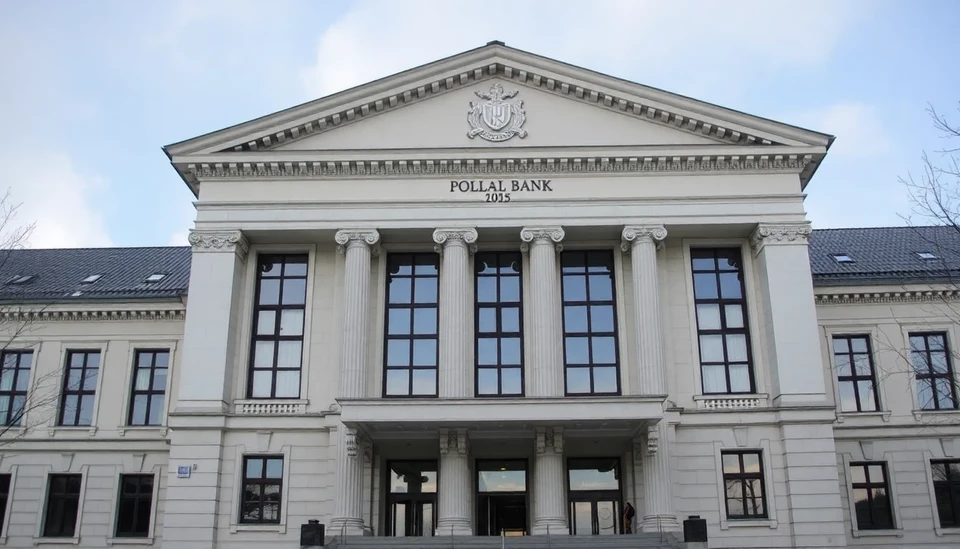
Poland's government has announced a significant widening of its budget deficit for 2024, attributing the increase to a combination of reduced tax revenues and the financial impact of recent flooding across the country. As the economic climate continues to evolve, the Polish administration is grappling with the challenges posed by these factors, which threaten the stability of public finances.
The budget deficit is projected to surpass 4% of the country's gross domestic product (GDP), a substantial increase that raises concerns about fiscal sustainability. The primary driver of this deficit is a marked decline in tax inflows, which have fallen below expectations due to various economic pressures. Analysts point to a sluggish growth rate and high inflation as contributing elements that have impaired the government's ability to collect tax revenues effectively.
In addition to the tax revenue shortfall, Poland is also facing considerable costs related to flood relief efforts. Extreme weather events in recent months have caused significant damage to infrastructure and property, prompting the government to allocate funds for emergency responses, recovery, and rebuilding efforts. The financial burden of addressing these natural disasters is expected to further strain the already stretched budget.
Government officials are now under pressure to develop strategies that can mitigate the impact of the widening deficit. Proposals being considered include tightening fiscal policies, increasing certain taxes, and finding efficiencies within government spending to help offset the deficits caused by external pressures. However, these measures could also have implications for the overall economic recovery and public sentiment, as citizens may react negatively to potential tax increases.
As the situation unfolds, Poland's administration continues to monitor both domestic and global economic indicators closely. The focus remains on stabilizing the country's financial outlook while also ensuring that necessary support is available for vulnerable communities affected by floods and economic challenges.
The implications of this widening budget deficit extend beyond mere fiscal numbers. Economists warn that continued budgetary pressures could have a ripple effect on Poland's credit rating, affecting the nation’s ability to borrow in international markets. Additionally, a larger deficit could hinder Poland’s ability to fulfill its commitments to European Union economic standards, which may draw scrutiny from EU officials.
Despite these challenges, Poland's government remains optimistic about eventual recovery, banking on favorable economic policies and international support initiatives to navigate these tough times. Policymakers are hopeful that with appropriate adjustments, they can stabilize the budget and stimulate growth in the longer term.
As Poland approaches its budgetary challenges head-on, the focus will increasingly turn to how the government plans to address rebalancing the budget while ensuring continued support for those most adversely affected by the floods and economic fluctuations.
#Poland #BudgetDeficit #TaxRevenues #FloodRecovery #EconomicChallenges #PolishEconomy #FiscalPolicy
Author: Laura Mitchell




